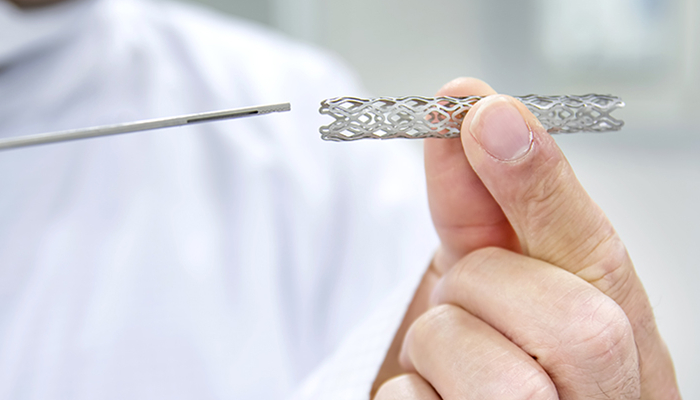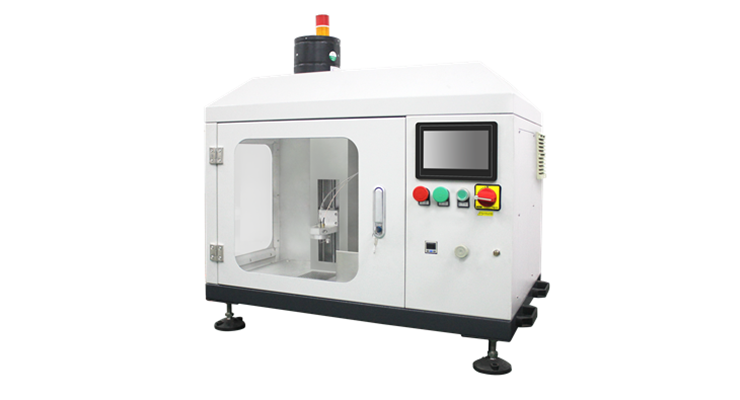Coronary Stent
What should I pay attention to after placing the stent on the heart?
Coronary artery is the general name of the main blood vessels that supply blood to the heart. If atherosclerosis occurs in the coronary arteries, the stenosis of the arterial blood vessels is found to be more than 50%, which has already affected the blood supply to the heart. It can be definitely diagnosed as coronary heart disease .
Coronary heart disease is the general term for coronary atherosclerotic cardiovascular disease, whether it is coronary heart disease with stable angina pectoris after labor only, or acute thrombosis of the artery (myocardial infarction), or heart failure caused by coronary heart disease , Both belong to the scope of coronary heart disease.
The question of whether a coronary stent needs to be placed on the heart should be actively evaluated and confirmed. In the case of acute myocardial infarction, in order to open up the blocked blood vessels and improve blood flow as soon as possible, as long as the conditions are met, stent intervention surgery should be performed as soon as possible. For friends who have not yet suffered from myocardial infarction, whether or not to put a stent should usually be evaluated.
If the degree of coronary artery stenosis has not exceeded 75%, the stability of atherosclerotic plaques is also good. If you take drugs to conservatively control some cardiovascular risk chronic diseases, cardiovascular risk can be well controlled, you can continue Maintain conservative treatment and control coronary heart disease.
If the coronary artery stenosis exceeds 75%, and there is a risk of unstable plaque, and related indicators such as blood pressure and blood lipids are difficult to control, or even always exceed the standard state, consider the risk of developing myocardial infarction. It can be combined with the situation and given stent intervention to improve the blood supply of the heart and reduce the risk of heart health hazards and myocardial infarction caused by coronary artery stenosis.

Many friends think that the stent operation will affect normal life. In fact, this kind of worry is not necessary at all. If the disease of the body needs to be placed in the first aid or improve the situation, carrying out stent surgery will not only do much harm to the body, but will improve the heart. Blood supply reduces the risk of cardiovascular disease.
Many friends have some concerns. They worry that strenuous exercise will cause the bracket to fall off, so they cannot live a normal life. In fact, this kind of worry is caused by the lack of understanding of the stent. After the stent braces the blood vessel, it will closely fit on the inner wall of the blood vessel. After a period of time, it will also be combined with the tissue, so there is no need to worry about the risk of the stent falling off.
If the “normal life” you want refers to smoking, drinking, eating greasy food, not exercising, staying up late, and other bad habits, after installing the bracket, you should change these bad habits, these habits Make our cardiovascular worse.
Putting the stent does not mean that the problem of coronary heart disease has been cured. Therefore, these bad habits in life must still be actively improved, and adhere to the correct way of life that is beneficial to cardiovascular health. Studies have shown that the cardiovascular benefits of a healthy lifestyle are more effective than long-term use of any medicine.
After the coronary stent is placed in the cardiovascular system, in addition to paying attention to the improvement of bad habits in life, the adjustment of hypertension, hyperlipidemia, diabetes and other chronic diseases, as well as the prevention of secondary attacks of cardiovascular disease, still need to be vigilant. For these diseases, it is still necessary to take drugs for long-term control. At the same time, antiplatelet drugs, such as aspirin, should be taken to strengthen prevention and further reduce the risk of thrombosis. The control indicators for blood lipids should be stricter. Low-density lipoprotein cholesterol is controlled below 1.8 mmol / L, and it is better to fall below 1.4 if possible.
In addition to paying attention to medications, we should also pay attention to the risk control of long-term medications, understand the risks of possible side effects of the medications, and regularly check relevant physical indicators to ensure the effectiveness and safety of medications. For example, friends who take statins for a long time should pay more attention to the safety of medications such as increased transaminases and muscle pain; while taking antiplatelet drugs for a long time, they should actively control the risk of bleeding in the body, especially those with gastrointestinal bleeding risk.







